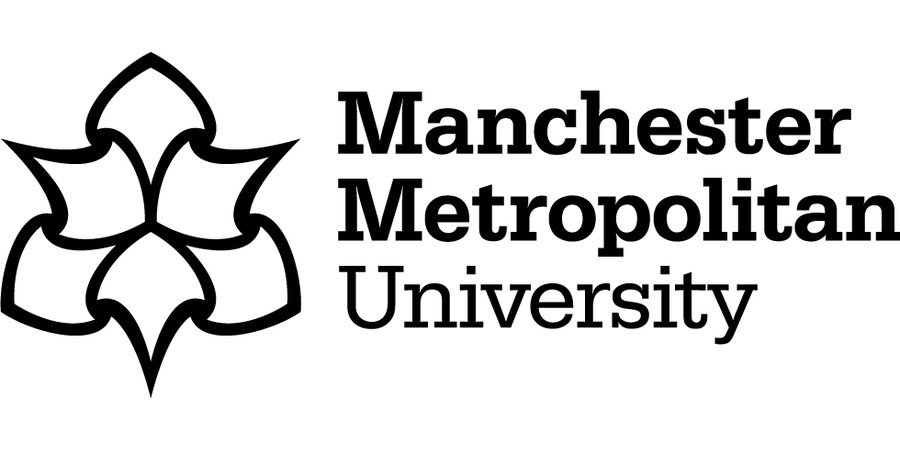PhD Studentship - TEAMCat: Tandem Electrochemical and Abundant Metal Catalysis for Sustainable Synthesis of High-Value Nitrogen-Containing Compounds
Manchester Metropolitan University
| Qualification Type: | PhD |
|---|---|
| Location: | Manchester |
| Funding for: | UK Students, EU Students, International Students |
| Funding amount: | £20,780 |
| Hours: | Full Time |
| Placed On: | 23rd April 2025 |
|---|---|
| Closes: | 19th May 2025 |
| Reference: | SciEng-LK-2025-TEAMCat |
To meet global Net Zero targets, we must urgently transform the chemical industry to adopt green, sustainable methods to reduce their environmental impact. This three-year PhD project will develop greener synthetic methodologies for high-value chemical products by combining electrochemistry and earth-abundant metal catalysis. Our aim is to reduce the number of synthetic steps, minimise reliance on precious metals, and replace hazardous reagents with sustainable alternatives.
Specifically, we will optimise existing organic electrochemical reactions to expand substrate scope. This will involve developing optimised electrodes and electrochemical protocols (e.g., cyclic voltammetry and chronoamperometry) to enhance electrochemical conversions. Electrochemically generated intermediates will then be used to develop novel catalytic methodologies with earth-abundant metals, enabling access to highly functionalised chemical building blocks that are primed for further transformation. This new project will be highly collaborative, and you will have the opportunity to learn from our highly supportive and skilled research group.
The project will be primarily supervised by Prof Laurie King (electrochemistry) alongside a current team of experts across chemistry disciplines including Dr Thomas Britten (organic chemistry), Dr. Andrew Lewis (chemical biology) and Dr. Ian Ingram (green chemistry).
Project aims and objectives
The main objective of this project is to develop and validate synthetic methodologies that use electrochemistry and earth-abundant metal catalysis to access high-value chemical intermediates and products. Specifically, we will use organic electrochemistry to optimise existing reactions and develop new ones to generate functionalised intermediates, which serve as key building blocks in organic synthesis. The electrochemical properties of organic substrates will be investigated, and various reaction parameters optimised, including electrolytes, solvents and electrode materials. The transformation of the electrochemical products traditionally uses (super)stoichiometric quantities of reactants and toxic solvents, posing significant environmental, health, and safety concerns. This study will overcome these limitations by employing earth-abundant metal catalysis and greener solvents.
Funding
The student will be in receipt of a stipend payment; the Research Council minimum rate (set by UKRI) £20,780 for 2025/26.
Home and Overseas students can apply. Home fees are covered. Eligible overseas students will need to make up the difference in tuition fee funding.
Specific requirements of the candidate
Essential requirements:
- A background in chemistry.
- An excellent undergraduate degree in a relevant subject
- Enthusiasm for multidisciplinary research and problem-solving.
- Highly motivated student.
- Ability to work independently and as part of a team.
Desirable skills (but not essential, as training will be provided):
- An MSc/MRes in Chemistry.
- Experience in organic synthesis and/or electrochemistry.
- Familiarity with analytical techniques such as NMR or electrochemical methods.
- Research experience (e.g., undergraduate project, summer internship, or industrial placement).
Additional information:
- Applicants must meet any institutional eligibility criteria for PhD study.
How to apply
Interested applicants should contact Laurie King (L.King@mmu.ac.uk] for an informal discussion.
To apply you will need to complete the online application form for full-time PhD in Physical Sciences.
You should also complete a narrative CV (500-1000 words) addressing the project’s aims and objectives, demonstrating how the skills you have map to the area of research, how your experience makes you suitable for this position, and why you see this area as being of importance and interest.
You will need to upload your statement in the supporting documents section of the University’s Admissions Portal.
Applications closing date: 19 May 2025
Expected start date: October 2025.
Please quote the reference: SciEng-LK-2025-TEAMCat
Advert information
Type / Role:
Subject Area(s):
Location(s):









